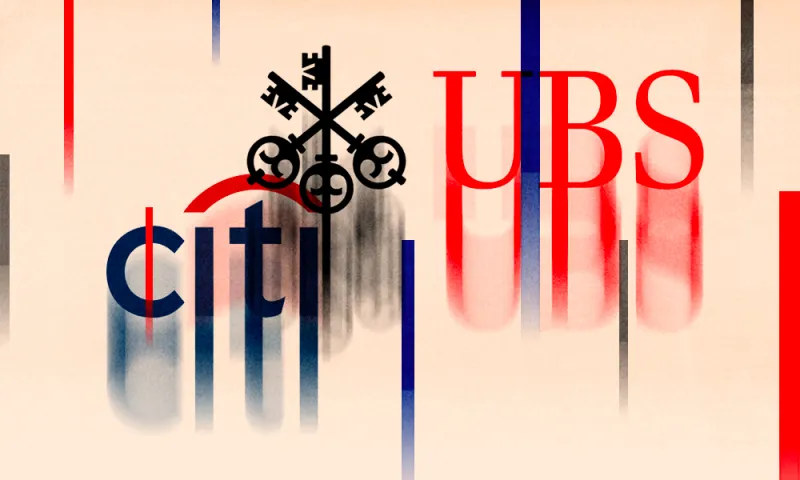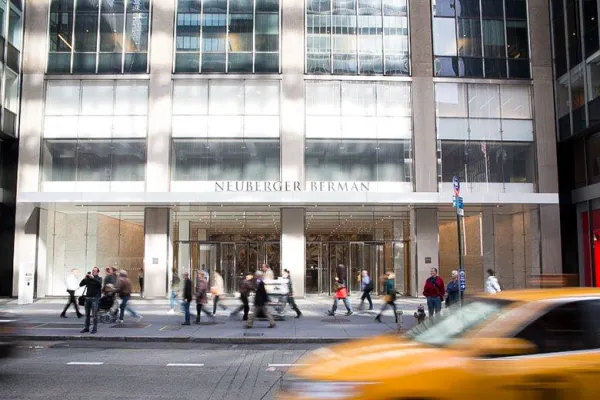Are millennials killing the kitchen? How soon will pilotless planes dot the sky? These seemingly incongruous topics were the focus of two of the research reports put out by UBS during a time when sell-side providers and their clients were still absorbing the effects of regulatory overhaul in Europe.
A year on since the second iteration of the Markets in Financial Instruments Directive (MiFID II), which officially unbundled research from trading last January, the way that clients value and pay for research has evolved, according to research heads in the region.
“Following the implementation of MiFID II, we've found that our clients place even greater value on differentiated research product, which we provide via our unique evidence-based, data-led research methods combined with the quality of our analysts’ interpretation,” noted Gareth Jenkins, head of research for Europe, the Middle East, and Africa at UBS. “UBS has continued to invest in answering the pivotal questions our clients have.”
In addition to those wide-ranging topics, Jenkins says the UBS team also examines current geopolitical themes such as trade wars: “We feel this forward-looking research has truly set us apart from other offerings in the industry.”
Respondents to Institutional Investor’s 34th annual All-Europe Research Team survey agreed, voting UBS’s teams of analysts and strategists into first place for the second year in a row.
More than 1,900 directors of research and heads of investment from institutions managing a combined $4 trillion in European equities judged equity research providers across 44 countries and sectors. Votes were weighted based on a respondent’s assets under management and combined in each sector to form a firm’s team ranking. Respondents produced a leaderboard that, with the exception of this year’s winner, is a complete reshuffle of 2018’s providers, with just one new entrant cracking the top 10.
Citi had the most pronounced improvement, rising from sixth place to finish second this year. The bank also doubled its number of ranked analyst teams from 20 to 40, only slightly trailing UBS’s 43 team positions.
JPMorgan Chase & Co. and Bank of America Merrill Lynch were each bumped back one spot to third and fourth place with 31 and 26 team positions, respectively. Exane BNP Paribas rounded out the top five, improving from seventh place last year.
Rob Garlick, Citi’s head of research for EMEA, attributed his firm’s climb not to any key senior hire — though they did make one last year in managing director Mark Manduca — but to the consistent and stable momentum the organization has been building on for some time. “What clients really value is depth,” Garlick said. “For the last five-plus years, we've worked really hard to make the quality of the product the foundation of what we have.”
Garlick agreed that the first quarter of last year was “the eye of the storm” in regard to MiFID II. Clients were slightly immobilized and — with many having to allocate budgets with more granularity than they had ever had to before — one-on-one interactions between analysts and clients within Europe were down by more than a third. “We were looking at interactions and asking ourselves, is this the new normal?” Garlick recalled. “We ended the year up in terms of number of one-on-one meetings with our clients so we had a remarkable rebound.”
At the same time providers and their clients were grappling with the internal effects of MiFID, Europe was contending with Brexit and the increasingly fractured regional politics associated with rising populism, according to Sunil Garg, head of international equity research at JPMorgan. The global end of quantitative easing, escalating trade tensions, and slowing growth further weighed on equites.
“The contrast in sentiment over the course of 2018 could not have been more pronounced; outright optimism at the start of the year followed by extreme pessimism into year-end,” he noted. “This backdrop made navigating the meaningful divergence in performance in cyclical vs. defensive sectors particularly challenging.”
Despite the uncertainty surrounding MiFID and other geopolitical developments, firms continued to make investments in key research staff. Bank of America Merrill Lynch’s deputy EMEA research head Eric Lopez – who will rise to head of EMEA research effective March 1 – said the bank made six senior hires this year. These included promoting Haim Israel, a top-ranked telecom analyst in II’s Emerging EMEA Research Team, to head of global thematic investing. This year, Israel and his team were recognized in the All-Europe Research Team as runners-up in the ESG/social responsible investing sector.
In addition to the main team-based ranking, Institutional Investor produced three additional leaderboard results this year. For the second year, individual analysts who received the highest scores per sector were recognized in a separate roster, and the shake-up seen in the team results is also reflected here. Citi took the top spot in the analyst-based ranking this year, followed by UBS in second, JPMorgan in third, and Bank of America Merrill Lynch in fourth. Morgan Stanley repeated its fifth-place finish.
This year also marked the introduction of a new method of weighting votes to take into account the new reality of research budgets. In these two commission-based weightings, a respondent’s vote was weighted not by their assets under management but by how much they spend on sell-side research.
UBS debuted at No. 1 in the commission-weighted ranking of analyst teams. Citi placed second, followed by JPMorgan in third and Bank of America Merrill Lynch in fourth. When the commission-weighted results were based on individual analyst scores, UBS placed first, followed by Citi and JPMorgan in a tie for second. Bank of America Merrill Lynch came in fourth.







